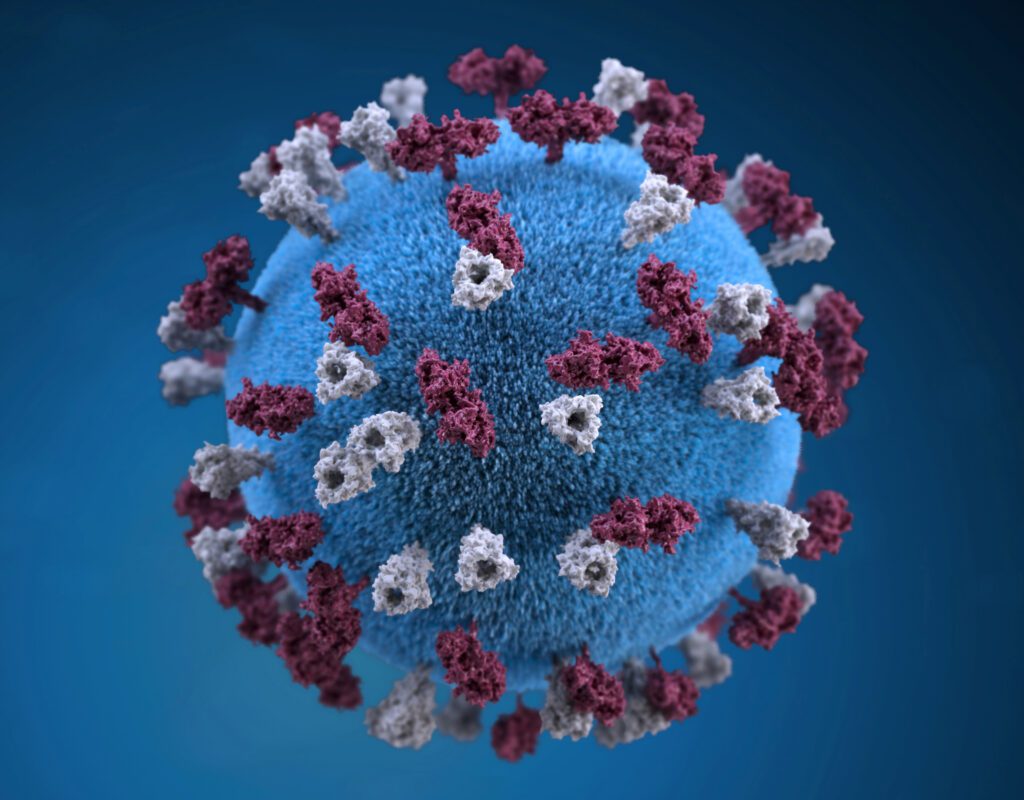
Measles is a highly contagious viral disease that has affected millions of people globally, particularly children. In this article, we will explore the nature of measles, its risks, and the critical role of vaccination in preventing its spread. By understanding the disease and promoting vaccination, we can work towards reducing the incidence of measles and protecting the health and well-being of individuals and communities.
Measles is caused by the measles virus, which is transmitted through respiratory droplets from infected individuals. It spreads rapidly in areas with low vaccination rates. The virus can survive in the air or on surfaces for a few hours, making it highly contagious. Measles typically starts with fever, cough, runny nose, red eyes, and a characteristic rash that spreads across the body. In severe cases, it can lead to complications such as pneumonia, encephalitis (brain inflammation), and even death.
Measles poses significant risks, especially to vulnerable populations such as young children, pregnant women, and individuals with weakened immune systems. Complications from measles can be severe, resulting in hospitalization and long-term health consequences. Measles outbreaks can also strain healthcare systems, disrupt daily life, and lead to economic burdens. Vaccination plays a crucial role in preventing measles and its potential complications.
Vaccination is the most effective way to prevent measles. The measles vaccine is safe, highly efficient, and has a long-standing record of success. Vaccination campaigns aim to achieve high immunization coverage, ensuring that individuals receive the recommended two doses of the measles-mumps-rubella (MMR) vaccine. Vaccination not only protects vaccinated individuals but also contributes to community immunity, also known as herd immunity, reducing the overall risk of measles transmission.
Preventing Measles Outbreaks: To prevent measles outbreaks, it is vital to maintain high immunization rates and close gaps in vaccination coverage. Key strategies include:
Childhood Immunization: Following national immunization schedules and ensuring that children receive the MMR vaccine on time is crucial. Vaccination protects children from measles and contributes to overall community immunity.
Catch-Up Vaccination: Adolescents and adults who have not been vaccinated or are unsure of their immunization status should consider getting vaccinated. Catch-up vaccination efforts can help close immunity gaps in older age groups.
Travel Vaccination: Measles can be imported into regions where it is no longer endemic. Individuals planning to travel to areas with measles outbreaks should ensure they are adequately vaccinated before their trip.
Vaccination in High-Risk Settings: Institutions such as schools, colleges, and healthcare facilities should promote vaccination and ensure high immunization rates among students, healthcare workers, and individuals at higher risk of exposure.
Community Education: Raising awareness about the importance of vaccination, addressing vaccine hesitancy, and dispelling myths and misinformation is vital in promoting vaccination uptake and preventing the spread of measles.
The global community is working towards measles elimination through international partnerships, such as the Measles & Rubella Initiative, which includes organizations like the World Health Organization (WHO), UNICEF, the CDC, and others. These efforts focus on increasing vaccination coverage, enhancing surveillance systems, and strengthening outbreak response. By supporting these initiatives and advocating for improved access to vaccines, we can contribute to the global goal of eliminating measles.
Measles remains a significant health concern, but through vaccination and collective efforts, we can prevent its spread and protect communities. By understanding the nature of measles, promoting vaccination, and supporting global elimination strategies, we can ensure a healthier future for all. Let us join forces to raise awareness, support immunization programs, and work towards a world where measles is no longer a threat to individuals and communities. Together, we can make a lasting impact in the fight against measles.
